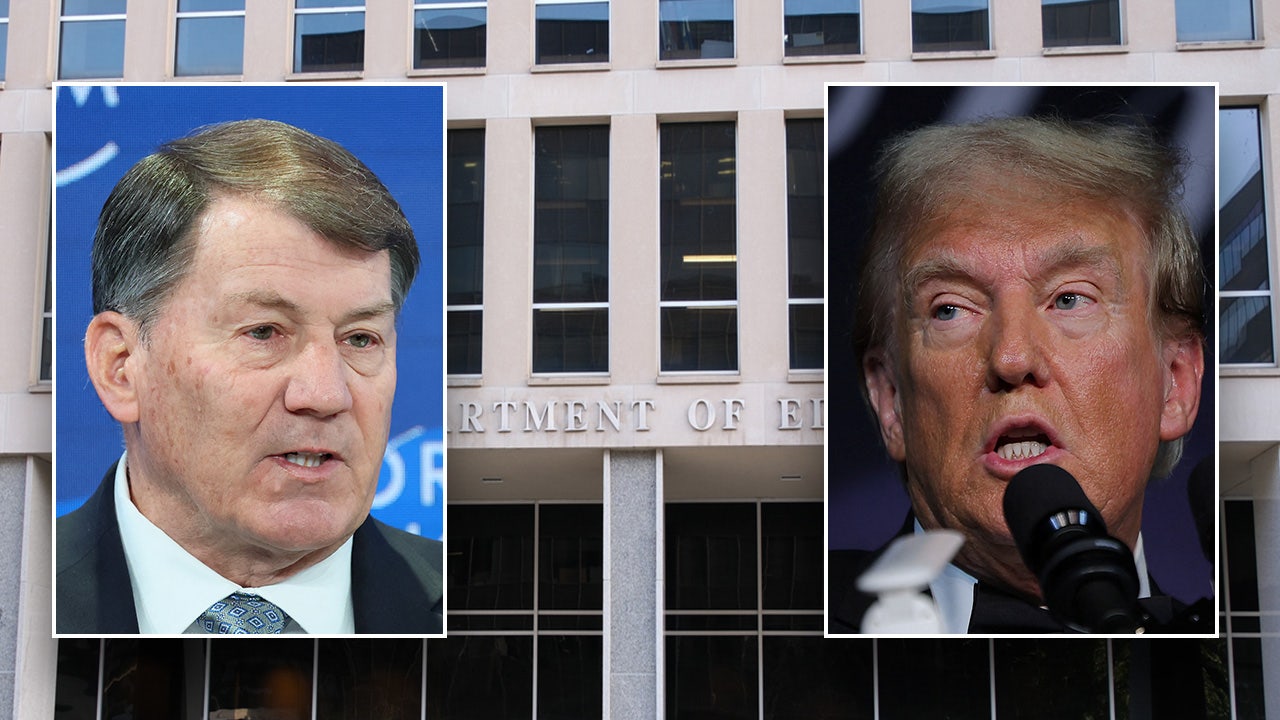Thu Nov 14, 2024 - 1:22 pm EST
(LifeSiteNews) – The recently released 38-page UK Assisted Suicide Bill, and correspondent 22-page guidance, would allow the state to participate in deliberately ending lives. The results of the Bill, named the “Terminally Ill Adults (End of Life) Bill,” would be catastrophic for all of society, and in particular vulnerable individuals. As the second reading of the Bill looms in the House of Commons, scheduled for November 29, it’s imperative that the United Kingdom take stock of the consequences for the protection of human life in the country.
The headline is that this Bill would be highly dangerous for vulnerable people, extremely problematic for medical professionals, and ultimately, unleash a culture of death across British society. That is not speculation; it is the logical conclusion after comparing the bill with its relatives already in force in a handful of other countries.
Before we dive into the text of the Bill, the two main reasons for this conclusion are as follows:
- You can’t make the lawful killing of people “safe.” The clear evidence from other countries is that so-called safeguards cannot prevent abuses, and
- Every jurisdiction that has gone down this route has very quickly seen an increase in numbers and come under pressure to drop certain “safeguards” and expand the qualifying criteria. For example, in 2014, Belgium dropped its lower age limit allowing the euthanasia of children.
What does the Bill legalize? It legalizes deliberate ending of life where a person has capacity, is 18+, registered with a GP, has been resident in England or Wales for 12 months+, has a “clear, settled and informed wish” to end their life that is voluntary, and is expected to die within 6 months.
They must request it from a doctor (or a doctor can raise the possibility) and get signed off by two doctors and the High Court and can then receive lethal drugs that they must administer themselves (though they can have help if they want or need it).
With regard to the inherent problems with assisted suicide/euthanasia, first, predicting someone’s death date is notoriously difficult. An analysis of 16 years of research shows that doctors got it wrong more than half the time.
For doctors, the Bill places an obligation upon them to refer someone seeking assisted suicide to another doctor “[s/he] believes is willing and able…” For a doctor who sees this as unethical, or knows their patient and their vulnerability, the Bill coerces them to act in a specific way—a clear violation of their rights of conscience.
Further, the Bill requires a second “independent” doctor to sign off on the life-ending act. In countries that have legalized assisted suicide/euthanasia, there is a relatively small pool of doctors who do this, and they know each other and cross-refer.
Section 8(1) requires a gap of 7 days between first and second doctor approvals. The bill then requires a 14-day waiting period after the High Court approves. So, in three short weeks you can legally go from never thinking about this before to dead.
And if one doctor thinks you will die within a month, the total minimum period from start to finish is 9 days.
RELATED: UK Parliament set to consider assisted suicide bill later this month
A few glimmers of this dark reality come through in the Bill. For example, section 9(2)(c) requires doctors to discuss with the person “their wishes in the event of complications,” which we know can and do happen.
Section 30 allows (but does not require) the government to issue a code of practice on “recognising and taking into account the effects of depression or other mental disorders…”
The Bill requires a report after five years assessing “the availability, quality and distribution of appropriate health services to persons with palliative care needs.” While this is important, we don’t need to legalize assisted suicide/euthanasia to fix the poor availability of palliative care in the UK.
The Bill also holds that if the doctor “considers it appropriate,” then she or he should advise the person to “consider” discussing the request with their next of kin. That is a remarkably low bar to meet when you’re considering ending someone’s life.
Especially when we know that loneliness, or feelings of being a burden drive these requests. Take Oregon in the United States. According to the official stats, 43% of those taking lethal drugs give as one of their reasons the fact they feel a burden. Heartbreaking. Shouldn’t we fix this instead?
Next, section 10 should be termed the “shopping around clause.” If the “independent doctor refuses to make the statement” – which may well mean the conditions aren’t met – then the “coordinating doctor may…refer that person to a different registered medical practitioner” once.
So, to be clear, the “safeguard” of an independent review, and that doctor saying “no” means vulnerable people (or their proxy – see below) can just go somewhere else.
What about this “proxy”? The process requires several declarations. But the Bill provides it can all be completed by a “proxy.” The proxy doesn’t even have to know the patient as long as they’re a “person who is of good standing in the community.”
Section 12 requires the High Court to make a declaration approving the act. Every country that has gone down this path has an approval/review process. They all become rubber stamping mechanisms, and there are at least two ways the Bill seeks to ensure this review is positive.
Section 12(11) determines that if someone’s request for assisted suicide gets rejected by the High Court, that can be appealed to the Court of Appeal. But if the High Court approves assisted suicide, no one can appeal against it. It’s a one-way street.
Also, while the Court may hear from “any other person” (for example, a family doctor with concerns), that is only provided for in respect of determining certain criteria. The Bill tries to limit the opportunity to argue a person’s request doesn’t meet the other elements of the Bill.
Once approved, section 19 states that as long as the individual agrees, the doctor that will provide the lethal drugs and can assist does not have to be one of the doctors previously involved in the process. This opens the door to assisted suicide lobby groups opening suicide centers.
Some people draw (a slightly artificial) line between assisted suicide and euthanasia. This Bill gets very close to euthanasia. Section 18(6) says the doctor can provide lethal drugs but also “assist that person to ingest or otherwise self-administer…”
Section 26(2) adopts the existing penalty for participating in ending someone’s life, but only if they act dishonestly, coercively, or apply pressure. The problem is when you legalize suicide assistance, and the person at the center of the case is now dead, it’s very hard to prove those things.
Most evidently, the Bill is defective at its very core. But even if we say that the process could work, do we want this? Assisted suicide creates its own demand, and we know what happens next.
The Bill’s notes try to argue that “the Bill is different from [the law in] Canada…which [does] not limit eligibility to terminally ill adults…” That is true. But when Canada introduced assisted suicide in 2016, it was only for those expected to die soon. That requirement was dropped in 2021. Canada best serves as an example of the relentless push to expand the criteria once the door is opened. Assisted suicide now accounts for 4% of all deaths in Canada.
RELATED: Canada’s euthanasia horror stories should be enough to stop the UK’s ‘assisted dying’ bill
Ultimately, this affects us all. The consequences of state-backed death are severe and manifest across all of society. Assisted suicide/euthanasia rips apart families. Where the practice is legal, individuals who don’t want death are offered it instead of real treatment. Doctors are pressured to kill. Family members are left behind. And the sick desperate to be offered something better than death. The United Kingdom surely can do better than this.
Editor’s note: Robert Clarke of ADF International has posted these observations about the United Kingdom’s Leadbeater Bill to X (formerly) Twitter. Edited and republished with permission.
Your support makes stories like this possible!
LifeSiteNews is completely donor supported, allowing us to report on what truly is happening in the world, free of charge and uncensored. A donation to LifeSite will ensure millions around the world can continue to come to our site to find the truth people are so desperately searching for on life, faith, family and freedom.

 By LifeSiteNews (Politics) | Created at 2024-11-14 18:28:23 | Updated at 2024-11-21 20:58:03
1 week ago
By LifeSiteNews (Politics) | Created at 2024-11-14 18:28:23 | Updated at 2024-11-21 20:58:03
1 week ago








